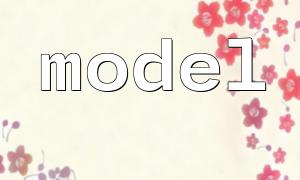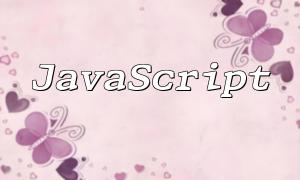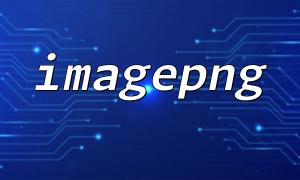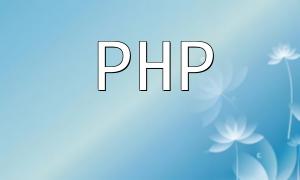Modularity is one of the fundamental principles of modern programming, emphasizing the breakdown of complex systems into smaller, more manageable parts. In PHP frameworks, modular design helps segment functionality into clear modules or components, allowing developers to focus on specific features.
When each developer in a team can concentrate on different modules, workflow becomes much more efficient. For example, in the Laravel framework, the concept of packages allows independent development of specific features:
// Create a package
php artisan make:package Blog
This package focuses on article management, while other developers can simultaneously work on user management or other modules, significantly reducing code conflicts and boosting team collaboration efficiency.
Most PHP frameworks adopt a uniform directory structure that helps new team members quickly understand the project. Clear naming conventions for files and folders—such as placing controllers in the Controllers directory and models in the Models directory—allow developers to easily locate code.
Here is a basic directory structure example for a Laravel project:
app/
├── Http/
│ ├── Controllers/
│ └── Middleware/
├── Models/
└── Services/
This structure enables developers to quickly grasp the overall project composition, lowering the barrier for new developers.
PHP frameworks usually encourage adherence to coding standards (such as PSR) and best practices to ensure code consistency and maintainability. For instance, consistent naming of functions and variables, following specific commenting styles, all significantly enhance code clarity.
Good commenting habits help team members quickly understand the code's intent. PHPDoc comments provide explanations for functions and classes, making module purposes and usages clearer:
/**
* Retrieve all articles
*
* @return Article[]
*/
public function getAllArticles()
{
return Article::all();
}
This commenting style is especially valuable in collaborative environments.
Well-organized code not only improves readability but also facilitates automated testing and continuous deployment. Many PHP frameworks integrate testing tools, making it easier to write and run unit tests, which effectively reduce the chance of bugs.
Continuous integration (CI) is a best practice in modern software development. Frameworks like Symfony and Laravel support integration with CI tools to automatically run tests on every code commit, ensuring code reliability and encouraging the creation of testable, clear code.
public function testGetAllArticles()
{
$response = $this->get('/articles');
$response->assertStatus(200);
$response->assertJsonStructure([
'data' => [
'*' => ['id', 'title', 'body']
]
]);
}
Through automated testing, developers can identify and fix issues before pushing code, reducing maintenance difficulties later.
In summary, PHP frameworks promote code clarity through modular design, consistent directory structures, coding standards, and automated testing. These practices not only make code easier to understand and maintain but also significantly enhance team collaboration efficiency. Therefore, selecting the right PHP framework and following sound code organization principles are essential for every developer.









